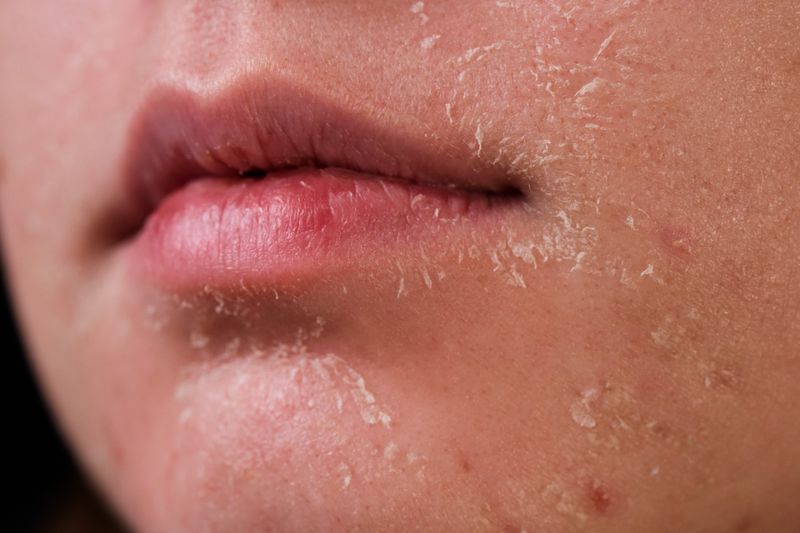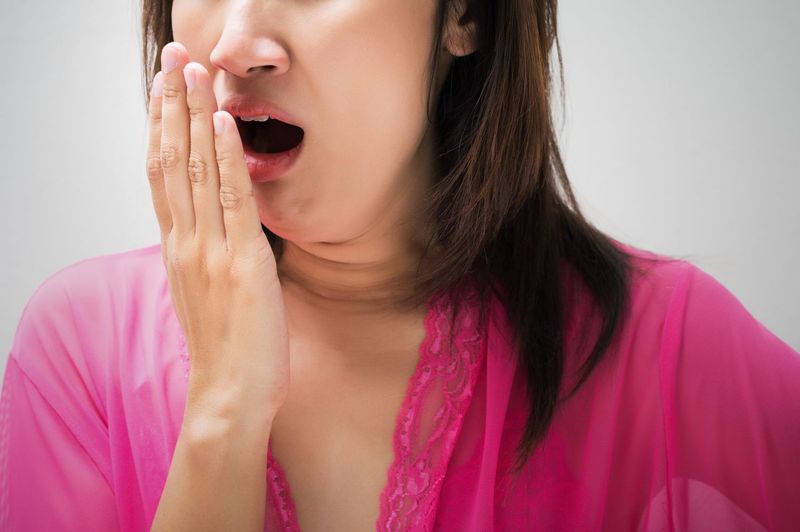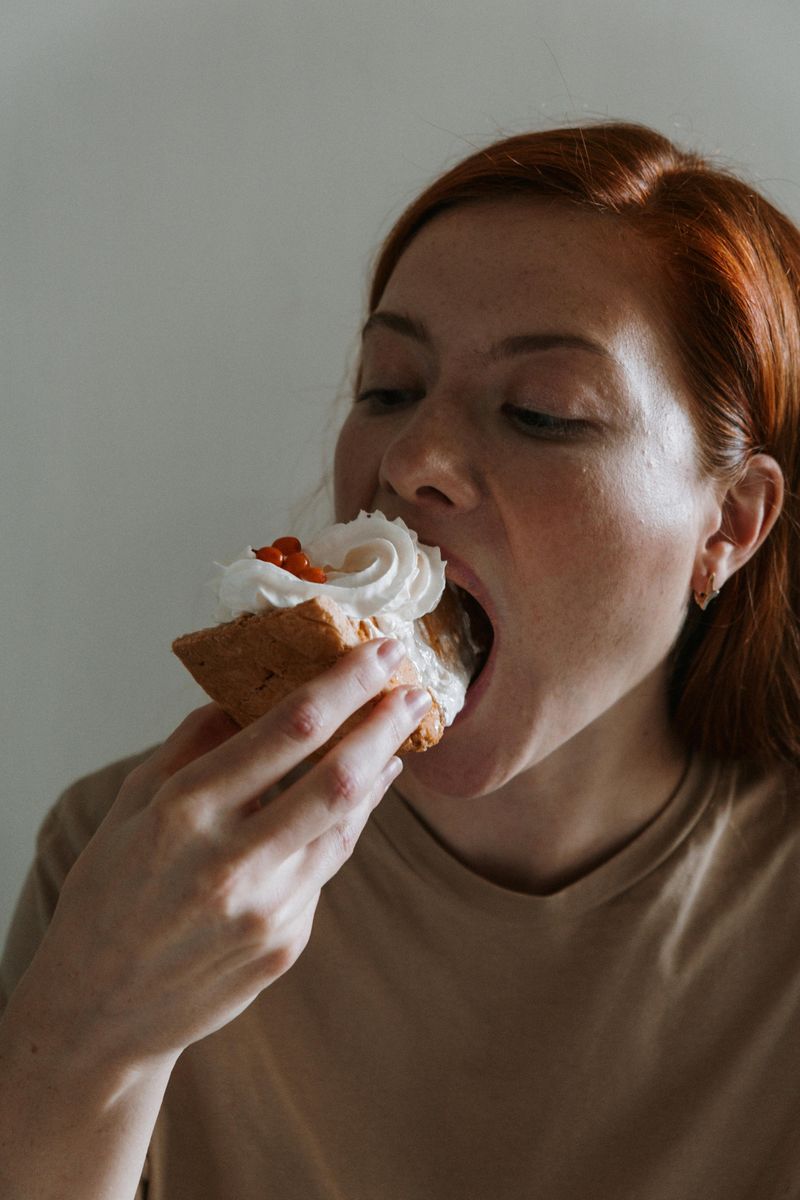10 Quiet Clues You’re Dehydrated and Don’t Know It

Dehydration is a sneaky culprit often overlooked amidst our busy lives. While thirst is the body’s most obvious indicator, many subtle signs can suggest you’re not drinking enough water. Recognizing these quiet clues can help you maintain optimal health without the strain of dehydration. Below are ten unexpected ways your body might be hinting at its need for more hydration.
1. Fatigue and Lethargy

When your energy levels plummet without a clear cause, dehydration might be the hidden factor. Our bodies rely on water to transport nutrients, and a deficiency can lead to fatigue and lethargy. In your routine, if you find tasks more taxing than usual, perhaps it’s time to sip some water.
This isn’t just tiredness; it’s your body signaling a need for hydration. Brighten your day with water to rejuvenate your spirit and combat those sluggish moments. The next time you reach for that coffee, consider water as your go-to energy booster.
2. Dry Skin and Lips

Your skin tells a story, and dry, scaly skin or chapped lips might be narrating your dehydration saga. Our skin, the body’s largest organ, requires adequate hydration to stay supple. When deprived, it loses elasticity, leaving it parched and flaky. Instead of reaching for extra moisturizer, consider increasing your water intake.
Remember, beauty starts from within, and a well-hydrated body reflects health through glowing skin. Chapped lips are another tale of thirst, so keep both your skin and lips quenched.
3. Lightheadedness

Feelings of dizziness can catch you off guard, especially if you haven’t been physically exerting yourself. Dehydration reduces blood volume, affecting blood pressure and causing lightheaded sensations.
If standing up quickly makes the world spin, you might want to assess your water consumption. Hydrating can stabilize blood pressure and alleviate these dizzy spells. So, the next time the world tilts unexpectedly, reach for a glass of water. It’s a simple yet effective way to keep your balance steady.
4. Muscle Cramps

That sudden pang in your calf or foot could be more than just a workout aftermath. Muscle cramps often signal a lack of essential minerals, which dehydration can exacerbate. Without enough water, electrolytes become imbalanced, leading to those unexpected cramps.
If your exercise routine is frequently interrupted by muscle spasms, consider it a gentle nudge towards better hydration. Water, enriched with minerals, can balance electrolytes and keep those cramps at bay, ensuring a smoother path on your fitness journey.
5. Dark Yellow Urine

Your urine tells tales of your hydration status, and dark yellow indicates a need for more fluids. Ideally, urine should be a straw-like color. When darker, it suggests your body is conserving water, a defense against dehydration.
Checking this can be a simple yet effective way to gauge your daily water intake. So, next time you notice a deeper hue, take it as a sign to drink more. Maintaining a light urine color is a step towards a healthier, well-hydrated body.
6. Headaches

That throbbing in your head might not always be from stress or tension. Dehydration is a common but often forgotten cause of headaches. When your body lacks fluids, it impacts brain function, leading to discomfort. If headaches persist despite stress management, evaluate your water intake.
Rehydrating can alleviate the pain, providing relief without the need for medication. Next time a headache strikes, swap that pill for a glass of water and see the difference hydration can make.
7. Bad Breath

Halitosis might have more to do with dehydration than last night’s garlic bread. Saliva acts as a natural cleanser for your mouth, and without enough water, its production decreases. This leads to bacterial growth and, consequently, bad breath.
If you’re constantly reaching for mints or gum, perhaps water is the solution you need. Staying hydrated ensures ample saliva production, keeping your breath fresh and your mouth healthy. Consider this the next time mint fails to freshen things up.
8. Sugar Cravings

When that sweet tooth seems insatiable, dehydration might be the hidden instigator. Often mistaken for hunger, your body signals a need for water, not sweets. This confusion occurs because the liver, which uses water to release stored energy, struggles when dehydrated.
Instead of indulging in sugar, try reaching for water first. Satisfying your body’s true need can curb those cravings, making it easier to maintain a balanced diet. So, the next time sweets call your name, pause and hydrate.
9. Decreased Urination

When bathroom trips become infrequent, it’s a subtle hint of dehydration. Your body aims to conserve water, reducing urination frequency. Recognizing this pattern can be a crucial step in understanding your hydration needs. Adequate water intake ensures that waste is effectively flushed out, maintaining kidney health.
If your visits to the restroom diminish, consider it a prompt to increase your water intake. Staying hydrated is key to keeping your body’s systems running efficiently.
10. Poor Concentration

Losing focus easily might not just be a case of distraction but a sign of dehydration. Our brain, which is about 75% water, needs adequate hydration for optimal cognitive function. A lack of water can lead to poor concentration and decreased alertness.
When studying or working, if concentration wanes, try drinking water before jumping to conclusions about attention deficits. Hydration can provide the mental clarity needed to tackle tasks effectively. Keep a water bottle handy to maintain sharpness throughout your day.

Comments
Loading…